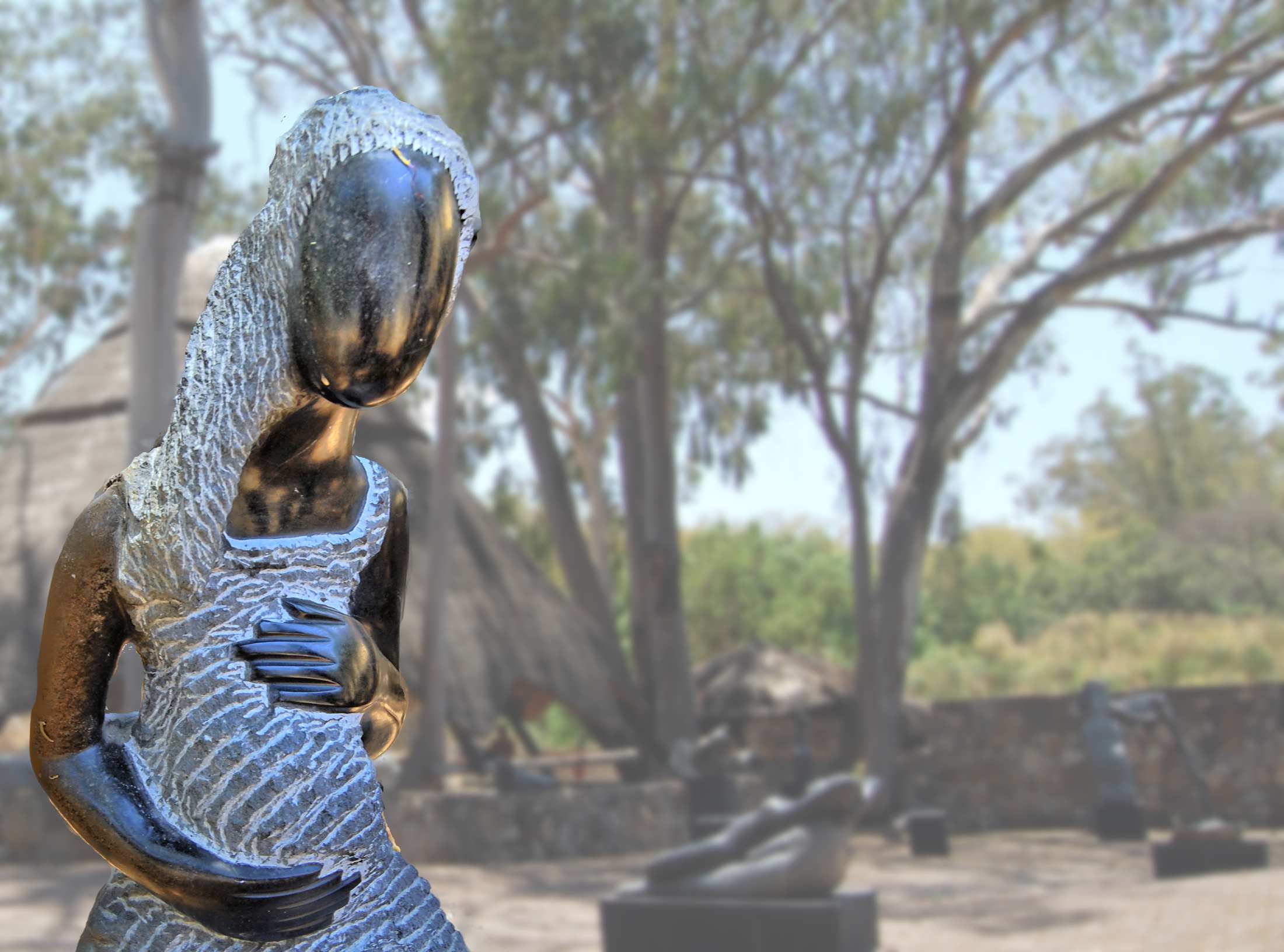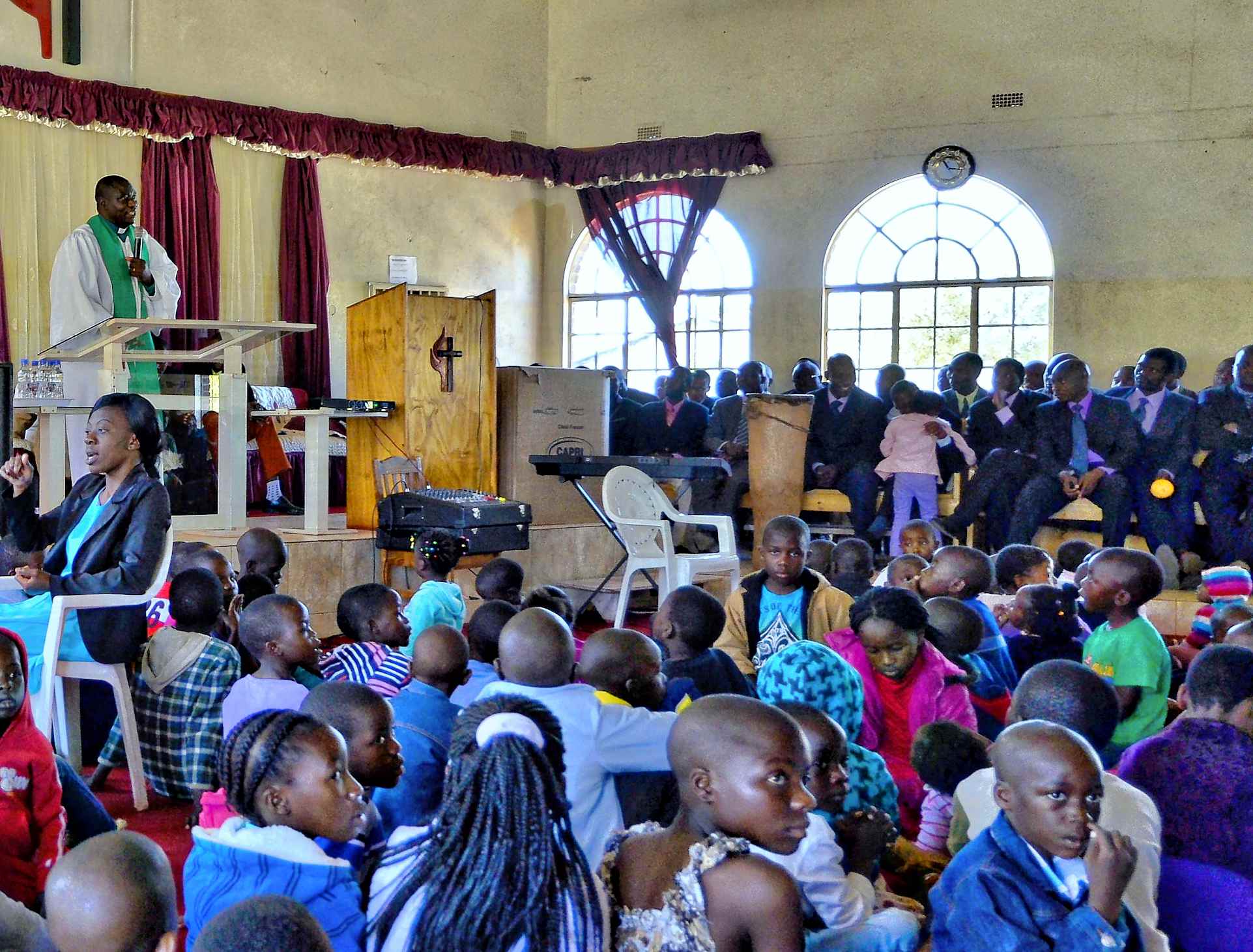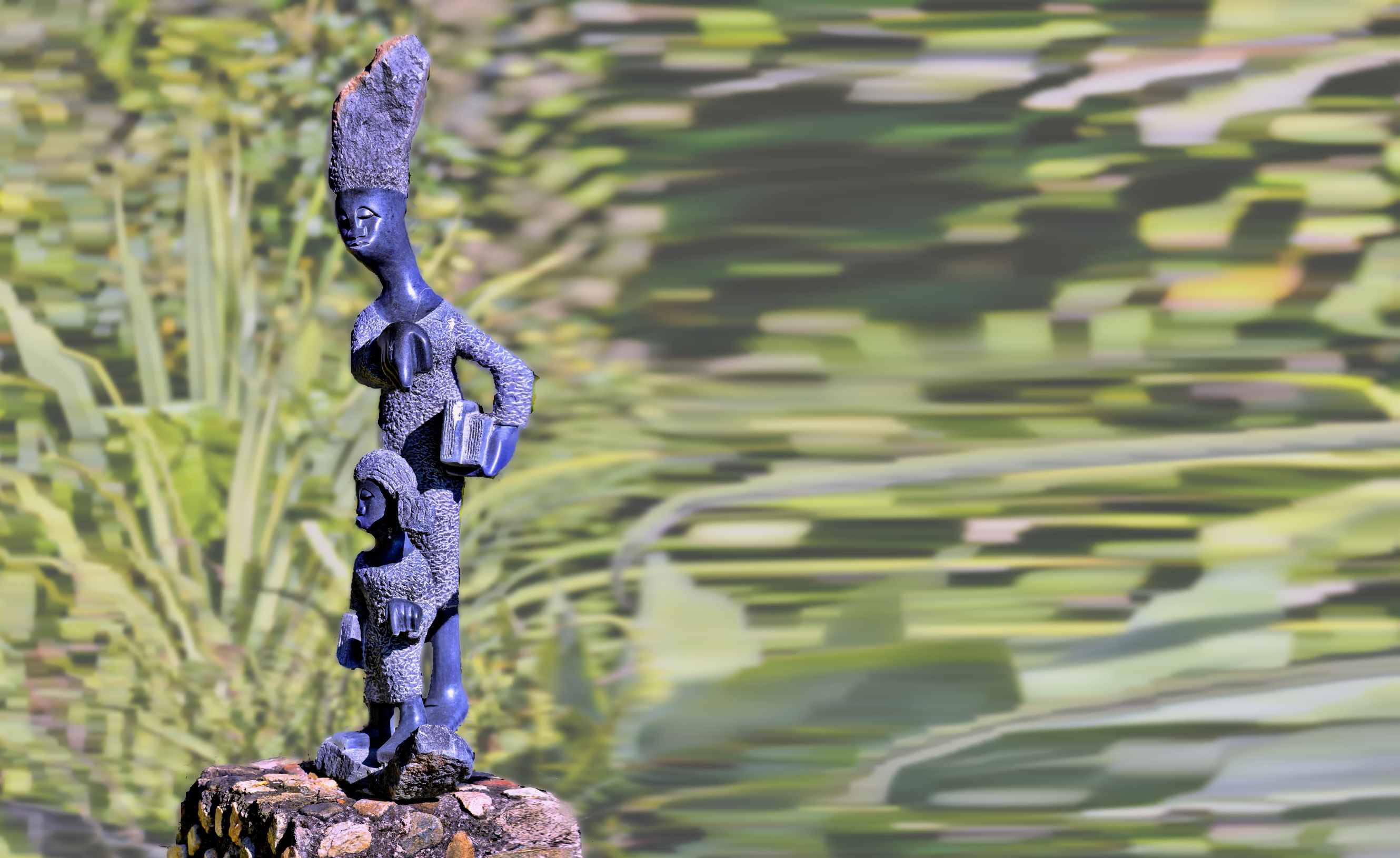Zimbabwean Culture
With Ethictours you get in touch with the cultural diversity of Zimbabwe. While conventional travelers are mostly limited to the touristic highlights, customers of Ethictours get an insight into the African culture, thanks to the knowledge and local network of our Travel Organisation.
Various exclusive events can be booked with us, with the number of offers being regularly expanded.
Traditional Africa
As a visitor to Zimbabwe you certainly wish to visit the spectacular highlights of the country. But many interested people are very much interested in events off the beaten track and to get to know real African Culture as well. As it is the case in most countries, it is not easy to get in close contact with the local people. Ethictours will help you gain insight into the Zimbabwean culture and you will feel happy to live genuine rural life, and this without the often seen fiddle-faddle specially rehearsed for tourists. You will spend a day or two in a rural village, eat a very tasty meal with the family in the thatched kitchen hut at the fire and later sleep in their house with basic comfort.
According to your preferences you can assist as well in preparing an original meal or you can join the husband and fetch water at a distant well.
All our customers who have experienced traditional rural life were enthousiastic about this event.
Attending a Church Service
To attend a traditional African Church Service is a memorable part of a visit to Zimbabwe for culturally interested pesons. It is a quite an experience. A short moment after the beginning you will feel part of the society, enjoy the chorals for several voices and witness a deep-felt devoutness. The cheerfullness and the traditional hospitableness will leave a strong mark.
Visitors from Europe or other western countries will possibly be unaccustomed to the length of the church service of 2 hours or sometimes even more. But it is really worth to stay the course - you will leave with unforgettable memories.
As is the custom, men usually wear their best suit and a tie, while women are dressed with a robe. Visitors following this dress code are well recieved, but there is no problem at all to wear a correct casual dress.
Shona Sculptures
African stone sculpture from Zimbabwe is usually called Shona sculpture, named after the Shona tribe engaged in sculpting. These world-famous sculptures are made from Sprinstone, a very hard Serpentine of mostly black, but sometimes brownish colour, partly with greenish spots. Artworks from the first generation masters of Shona Sculpture like Henry Munyaradzi or Bernard Matemera are sought after and highly priced. For their work the artists are mostly inspired by traditional culture: the old mythology, traditional rituals and the beliefs in the spirits of the ancestors. Other sculptures show real animals or legendary creatures, but also women in different ways: as mothers, girls, teachers or friends or expression of beauty.
Ethictours knows where you can find the most interersting Shona Sculptures. And as far as possible we will arrange visits to the workshop of contemporary Shona Sculptors for people specially interested in arts.
Music and More
There is not only music in Africa, but Africa is Music.
The traditional instruments of the country are the "Mbira", often called a "Thumb piano" or the traditional drum, the "Ngoma". But Zimbabwe is also at the origin of different newer typical music styles like Jitty, Sangura or the Zimbabwean Jazz. Some artists like Oliver Mutkukudzi are known far beyond the country. There are several promising young bands in Zimbabwe; but many of them mainly perform outside of the country, due to the economic situation in the country. As soon as the situation permits, Ethictours will offer Music Events for their customers.
Apart from that, Ethictours will add different events to the repertoire of possibilities for interested persons.
The following offers are in planning stage:
- Visit of a women's group (as part of a visit to Zimbabwe specifically for women)
- Workshop for traditional drumming (Ngoma)


